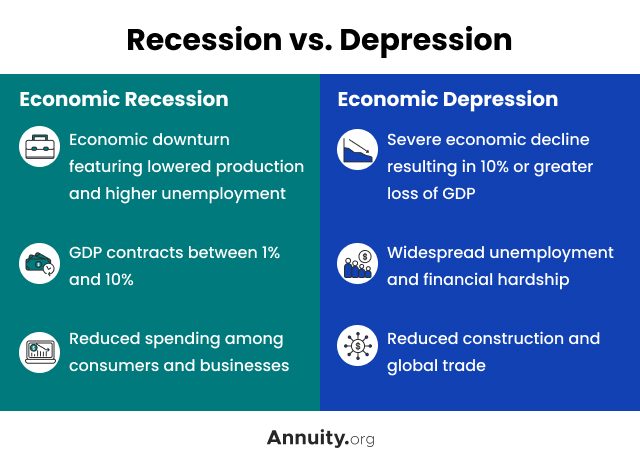Imagine a vast, turbulent ocean, where the waves of economic activity ebb and flow with a relentless rhythm. This is the analogy for a recession, a tumultuous phase in the economic cycle often characterized by a decline in GDP, reduced consumer spending, and escalating unemployment rates. Yet, despite its daunting presence, many harbor misconceptions, viewing a recession as a calamitous phenomenon akin to a natural disaster, when in reality, it is merely a temporary downturn in the ebb and flow of economic vitality.
At its core, a recession can be likened to a forest in winter. The vibrant greens and lively blooms of summer give way to bare branches and a chill that seeps into the very bones of the earth. However, this period of dormancy is not the end of growth; rather, it is nature’s way of preparing for the resurgence of spring. Similarly, a recession forces economies to reassess their priorities, scrutinize spending habits, and refine internal processes. As businesses confront dwindling revenue, they become more innovative, trimming excess fat and optimizing operations.
The origins of a recession can be as varied as the myriad colors of autumn leaves. External shocks—be it geopolitical strife, a pandemic, or sudden shifts in consumer preferences—can capsize even the most buoyant markets. Central banks, tasked with maintaining the integrity of financial systems, may respond with interest rate adjustments or quantitative easing, attempting to inject liquidity into a beleaguered economy. However, such interventions can have paradoxical effects, sometimes staving off immediate crises but sowing the seeds for future problems.
The psychological dimension of a recession should not be underestimated. Investor sentiment can rapidly devolve into panic, spreading like wildfire through financial markets. The intertwining of fear and uncertainty leads to a self-fulfilling prophecy—consumers curtail spending, businesses halt investments, and the cycle perpetuates. Thus, recessions are not solely economic events; they are narratives, woven with threads of human emotion and behavioral economics.
Yet, as the proverbial phoenix rises from the ashes, economies often emerge stronger from a recession. Historical analysis reveals a pattern of post-recession rebounds. Innovation flourishes when necessity dictates; companies that endure downturns frequently pivot and adapt, fostering groundbreaking advances that propel them into new growth phases. In this light, a recession can be viewed not merely as a figure in a financial ledger, but as a transformative crucible, testing the mettle of businesses and individuals alike.
In sum, while the phrase “what recession” might evoke an air of casual dismissal, understanding the complexities and nuances behind the term is crucial. Recessions deserve scrutiny, not only as historical events but as catalysts for evolution within the economic landscape. Much like the cycle of seasons, the eventual return to growth is inevitable, underscoring the resilient, intricate nature of our economic ecosystems.
